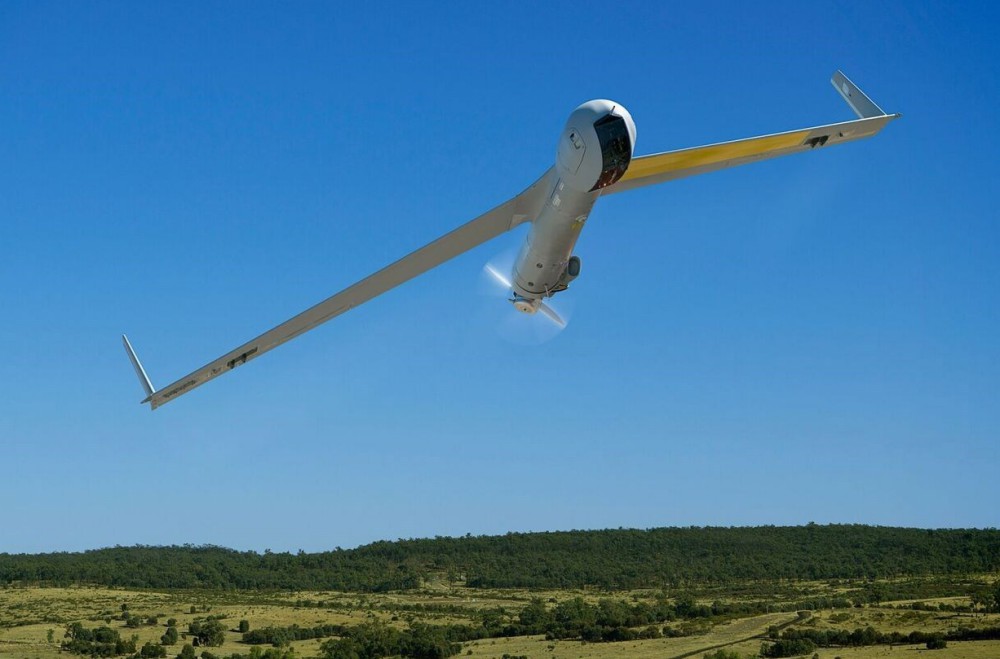has announced a contract with QGC in Australia, to leverage Remotely Piloted Aircraft Systems (RPAS) to deliver automated infrastructure inspection and management services for its operations within Queensland.
In a first-of-its-kind program in Australia, the contract in the Surat Basin represents a significant move towards the use of autonomous air vehicles and advanced analytics in the area of broad acre infrastructure operations and maintenance.
Vice President Insitu Commercial and General Manager Insitu Pacific Andrew Duggan said that the contract with Shell’s QGC business was the culmination of two years of extensive testing and evaluation of Insitu Commercial’s aerial sensing, data analysis and data distribution capabilities.
“Insitu’s robust systems consistently excel in rugged environments, and have the range to cover broad areas to provide vital analysis and alerts to site managers, safety experts and surveyors,” Duggan said.
Bill Langin, QGC’s General Manager Upstream said,
“this project is a global first for Beyond Visual Line of Site (BVLOS) Remotely Piloted Aerial System operations. The partnership will allow QGC to drive improvements in our safety performance, more efficiently and effectively survey our infrastructure and reduce our footprint on the environment. The inclusion of BVLOS RPAS in our overall Smart CSG suite of technology means we will potentially reduce travel by up to 800,000km/year.”
The BVLOS flight operations are conducted in the Surat Basin over a broad area of Civil Aviation Safety Authority (CASA) approved airspace encompassing over 700,000 Ha. The employment of RPAS has provided multiple increases in both efficiency and safety:
The inspection of wells and other infrastructure hardware components (tanks, valves, floats, vents, pipes etc.,) is now largely automated, saving many hundreds of thousands of kilometers of driving for QGC inspection crews Assessment of the environmental surrounds of the infrastructure (fencing structure integrity, road subsidence/flooding/access, erosion, livestock and vegetation encroachment) is now easy and straightforward, even after significant weather events; and Immediate response to operational contingencies is reliably available, enabling rapid assessment and resolution of problems, bringing vital infrastructure back on line sooner than previously possible.
The data collected by the RPAS is automatically processed and analyzed in near real-time with actionable information (including equipment check lists and operational status) before being delivered directly to field operators and supervisors, and management staff in the headquarters facility in Brisbane.
“With the support of the Boeing Company’s Phantom Works International group, we have been able to provide state of the art data collection, analysis, and data dissemination tools,” Duggan said.
“We’re excited to continue our partnership with QGC to provide tailored solutions that are changing how onshore gas fields are managed, operated and explored today.”
Source: Press Release

